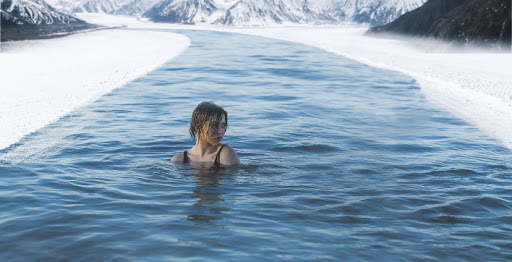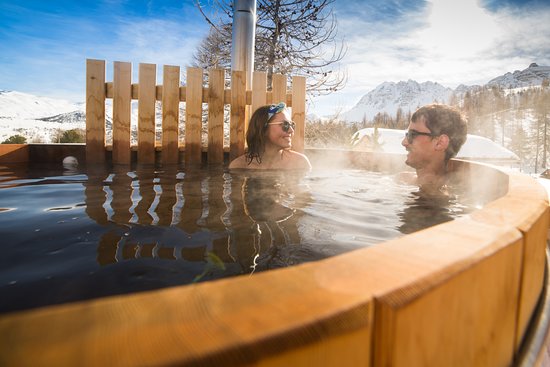
What are the consequences of swimming in too cold water?
We admire the Scandinavians swimming in the frozen water in the middle of winter! Yes, but they trained a lot and gradually got used to these extreme conditions. If one is tempted by this experience, one must be very vigilant, because a thermal shock called hypothermia could well curb this desire. What is hypothermia? What are the signs and how to deal with them?
What is hypothermia?

Hypothermia is the abnormal lowering of body temperature due to prolonged exposure to a cold environment. This can therefore happen when swimming too long in winter or spring water, especially since the body cools 25 times faster in water than in cold air.
Human body temperature varies between individuals and according to the time of day between 36°C and 37.5°C. Hypothermia is declared when the body has reached a temperature below 35°C. The body will struggle to maintain body temperature, blood vessels dilate to allow warm blood to raise body temperature. This is only possible for a certain period of time, then the blood vessels retract and restrict circulation to maintain temperature and preserve vital organs. Again the body reopens the vessels, letting the cold blood circulate in the organs, hypothermia sets in.
What are the symptoms of hypothermia?
When swimming in water at 15°C (or below), depending on one's resistance and sensitivity to cold, chills, goosebumps, slow or shallow breathing, change skin color and numbness of the extremities of the lips, hands and feet will appear more or less quickly.
These are the first signs of hypothermia and the body has already dropped to a temperature between 32 and 35°C. Difficulty speaking, articulating, lack of coordination, fatigue, confusion are also the warning signs of hypothermia.
When the body reaches a temperature between 28 and 32°C, the hypothermia is serious and below 28°C vital functions are in danger. The thermal shock produced by extremely cold water can cause heart attack and loss of consciousness which can lead to drowning.
How to react to hypothermia?

The most vulnerable people are the elderly, those with a heart problem and everyone who goes beyond their limits.
To fight against hypothermia, the actions are simple, you don't have to do not hesitate to get out of the water as soon as the first Frisians, take off wet clothes, dry off, cover yourself with a bathrobe, blankets to raise the temperature and swallow hot drinks.
If the adventure swimming in cold water is tempting, you have to train and go gradually, consult your doctor. To accustom the body to the conditions of freshness and then to the cold, you must continue to go to your swimming pool, very regularly, daily, even when the water cools down, during the fall and why not during the winter! The time is limited at the beginning maybe 5 minutes, then ten, depending on the feeling of each one, without ever going beyond their capacities, above all not remaining static, swimming under the supervision of a loved one.
Other dangers exist when swimming in water that is too hot or too cold. Learn to detect what is hydrocution or what is hyperthermia to be able to have the best gestures when they appear.